Our Teach Through a Text Pedagogy
We teach every aspect of English through literature that inspires. We focus on diverse stories and important themes, and immersive classroom experiences, all brought together in one whole-school curriculum.
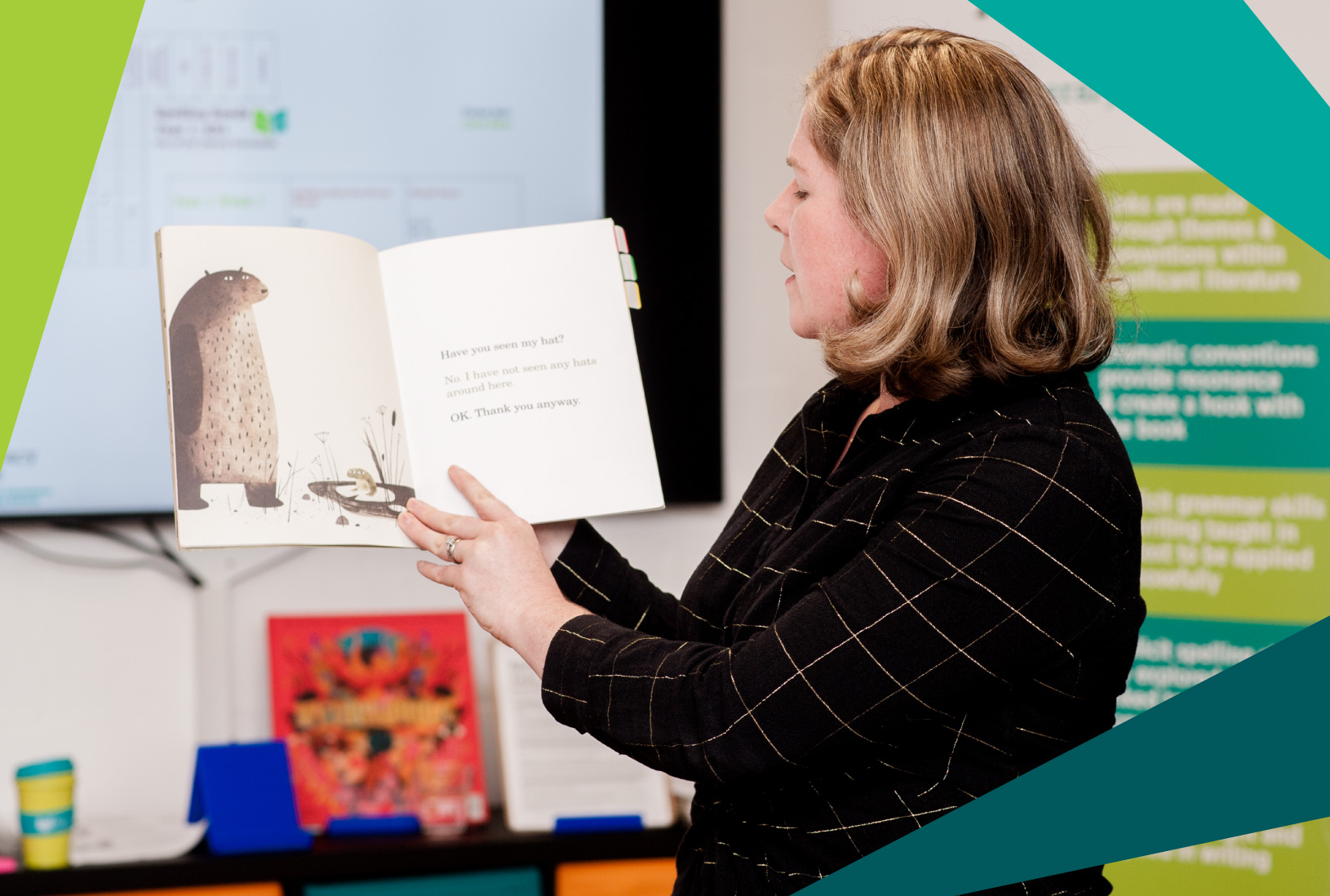
What we do differently
Stories that matter
We want children to see their own lives and the lives of others reflected in the stories they read. We don’t shy away from issues of social justice, representation, and diverse cultures. Every resource is based around carefully selected award-winning books that spark imagination and deepen understanding.
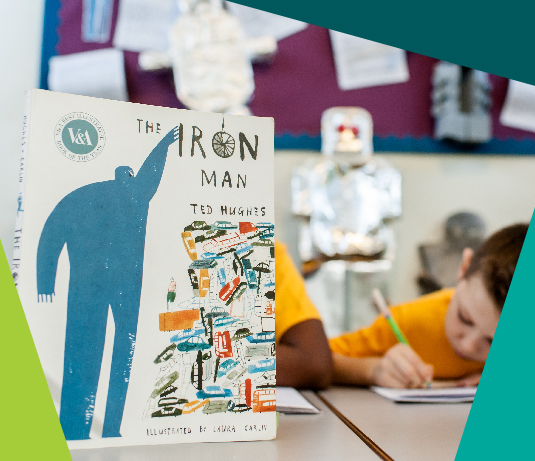
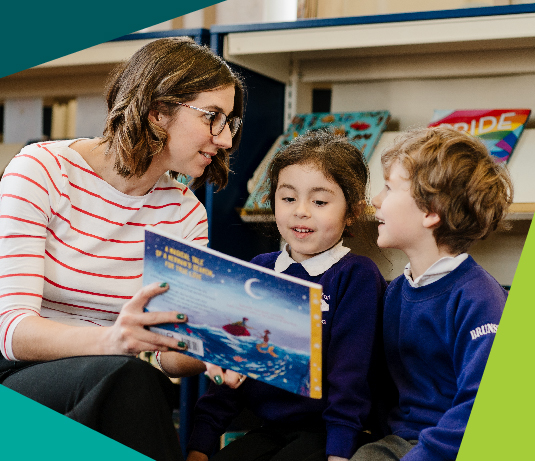
Experiences that inspire
We immerse children in rich literary experiences that spark curiosity and inspire meaningful reading and writing. Through drama, debate, and discussion, they explore important themes and write with purpose for real audiences.
Learning that builds
Lessons don’t happen in isolation. Through our carefully layered learning curriculum, we provide a comprehensive progression throughout the year and beyond. Writing opportunities are revisited to reinforce objectives and make learning stick.
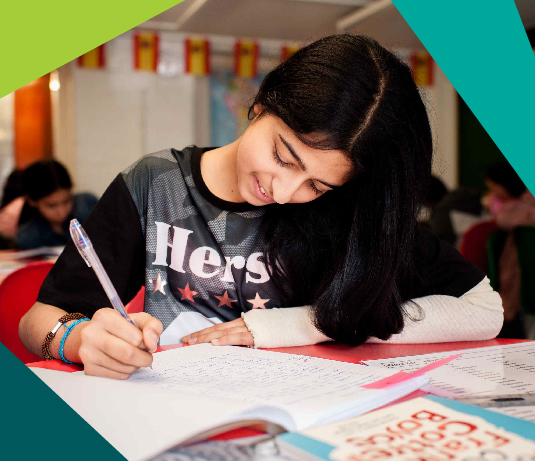
Page Title
Enter your text here
Built from evidence, proven in over 1300 schools globally
“Opportunities to write frequently and at length can support pupils to become fluent and effective writers.” Ofsted. Research review series: English.
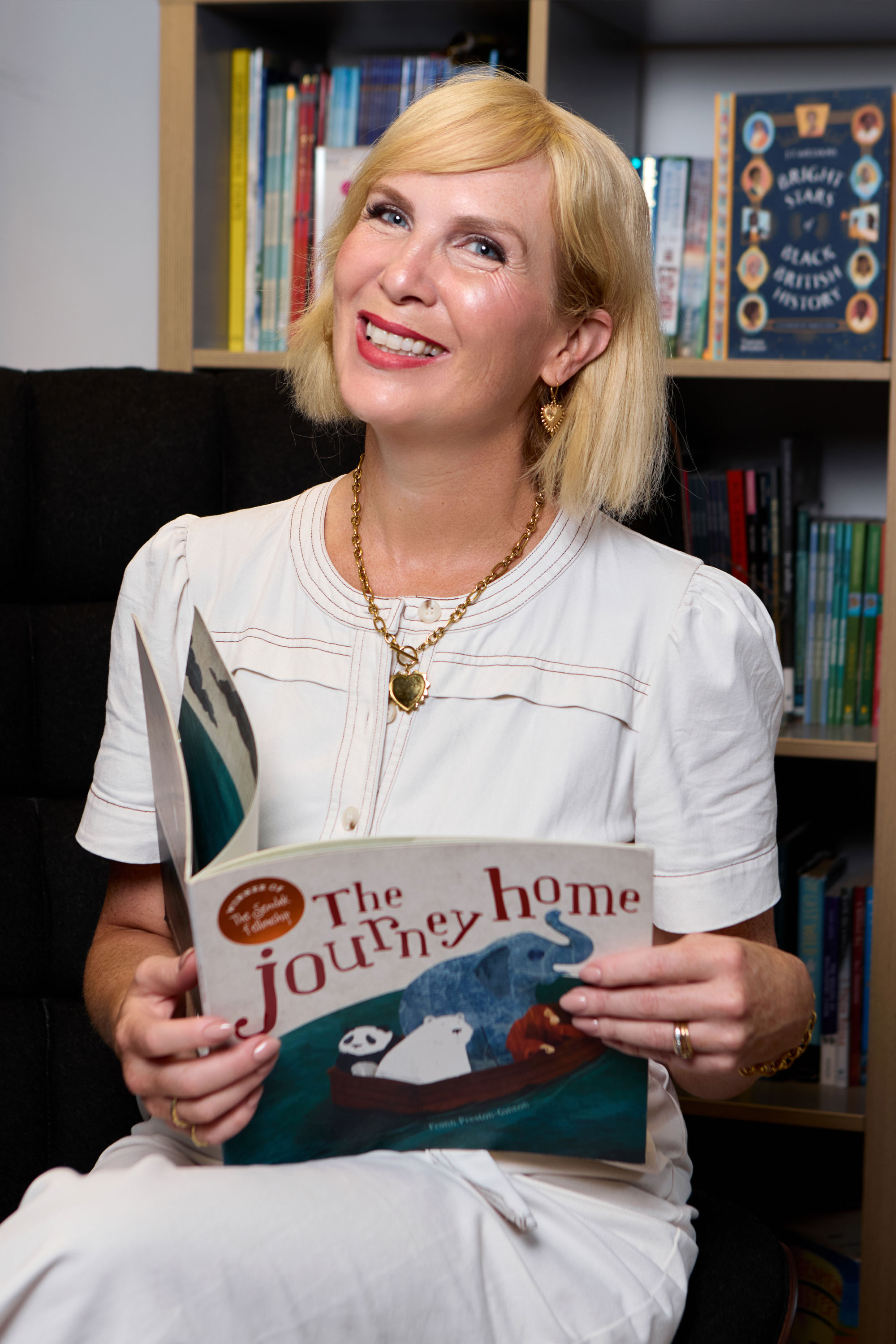
Lynn
Co-CEO & Co-Founder
she/her/hers
Lynn has taught from Nursery to Y6 and was a Literacy coordinator and an Advanced Skills Teacher in Southwark before becoming a Local Authority Consultant and a Deputy Head and then going on to set up Literacy Tree with Anthony Legon. Lynn has a background in drama-in-education and is always looking for ways to engage children within literature to use as a platform to inspire high quality writing. This inspired her focus for an MA in Achievement and Equity in Education from the Institute of Education which she completed in 2001 whilst teaching. Lynn is a KS1 and KS2 moderator for writing and runs training for moderators for Local Authorities. She’ll admit that she’s slightly obsessed with words and their origins, and is particularly geeky about homophones and portmanteaux.
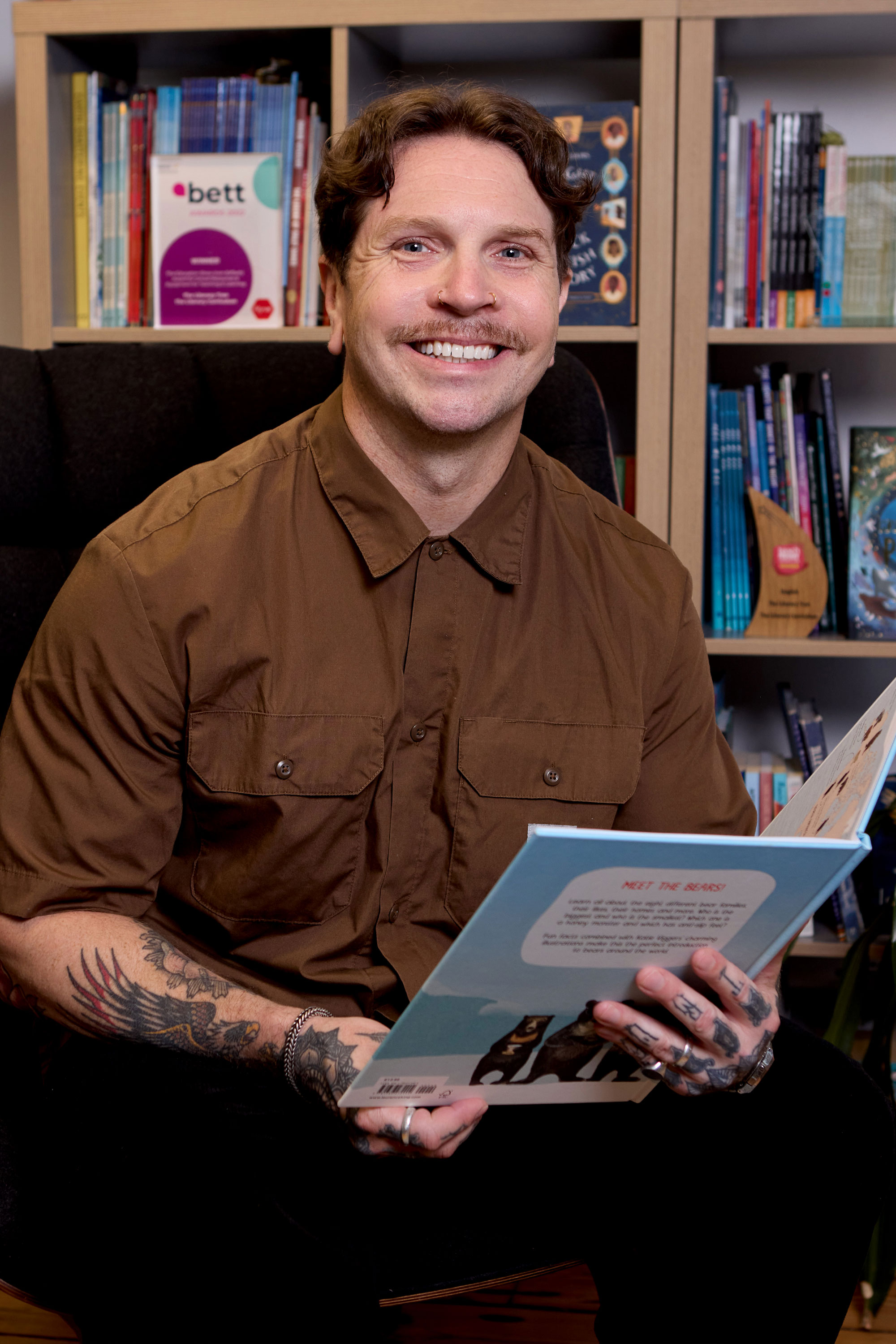
Anthony
Co-CEO & Co-Founder
he/him/his
Anthony has a background in English Literature with a focus on children's literature and drama and has taught children in Key Stages 1 and 2 in Primary Schools across London. He has worked as an English Subject Leader and an Advanced Skills Teacher in schools in Merton and Islington, where he developed book-based provision. Later, Anthony became a Local Authority Literacy Consultant for a central London authority and within this role led on the development of new training using engaging, high-quality texts to create equally high-quality written outcomes before setting up Literacy Tree with Lynn Sear. Anthony is also an experienced Key Stage 1 and 2 moderator, running training for moderators. When not working, he can be found making coffee using wide variety of gadgets and practising his Spanish!
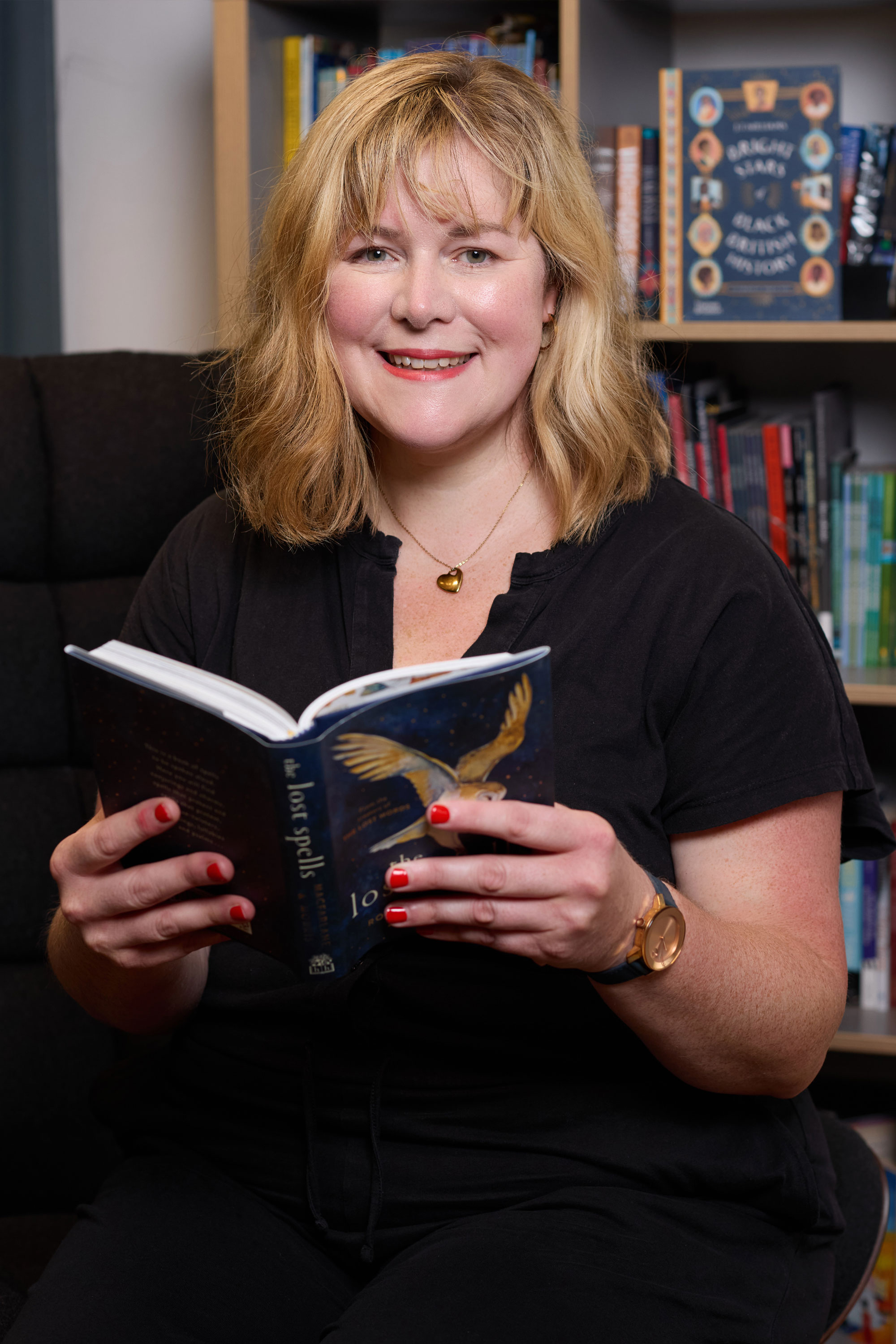
Pippa
Senior Consultant
she/her/hers
After qualifying from Edinburgh University in Scotland with a BEd Honours in Primary Education and specialisms in English and Music, Pippa started her teaching career in London and taught across the primary age-range in several schools. Prior to joining the Literacy Tree, she managed a nursery, was a Deputy Head and a Local Authority Advisor in Merton. Pippa is an experienced Key Stage 1 and 2 moderator and adores seeking out the best in new children's literature to be included in Literacy Tree's monthly Literature Reviews.
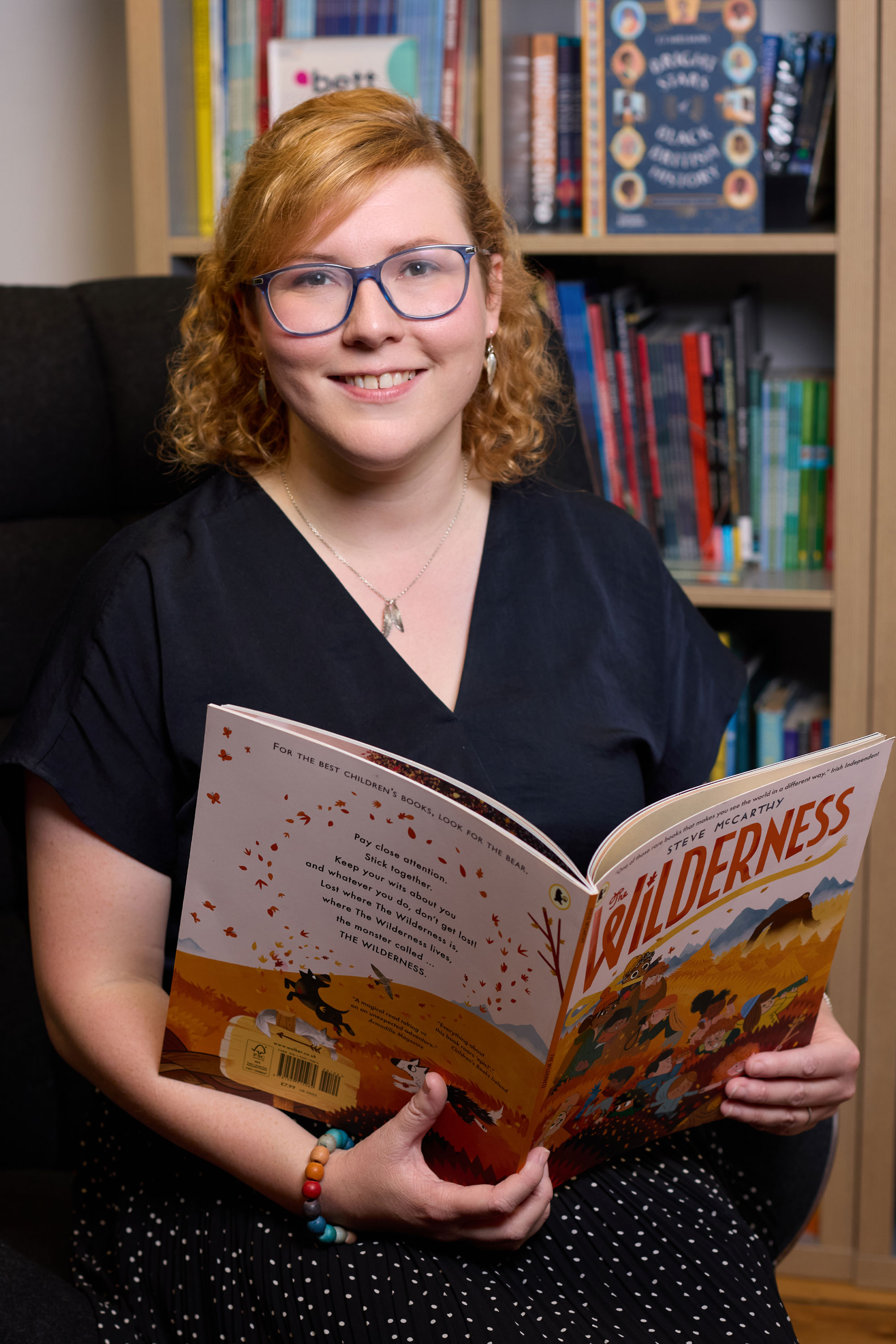
Hannah
Senior Consultant
she/her/hers
After graduating from Durham University, Hannah undertook an MEd at Cambridge. Based on pedagogical research practices, this training had huge impact on her early teaching career where she taught in Key Stage 1 and Key Stage 2 and led literacy. In recent years, Hannah has led literacy at Highgate Primary Academy in South Yorkshire and has been Assistant Head, Deputy Head, Head of Academy and Headteacher. She is an SLE, has moderated in two local authorities and now works as Primary Literacy Lead at Astrea Academy Trust as well as a local representative for UKLA. Hannah believes that if everybody read children's fiction the world would be a better place.
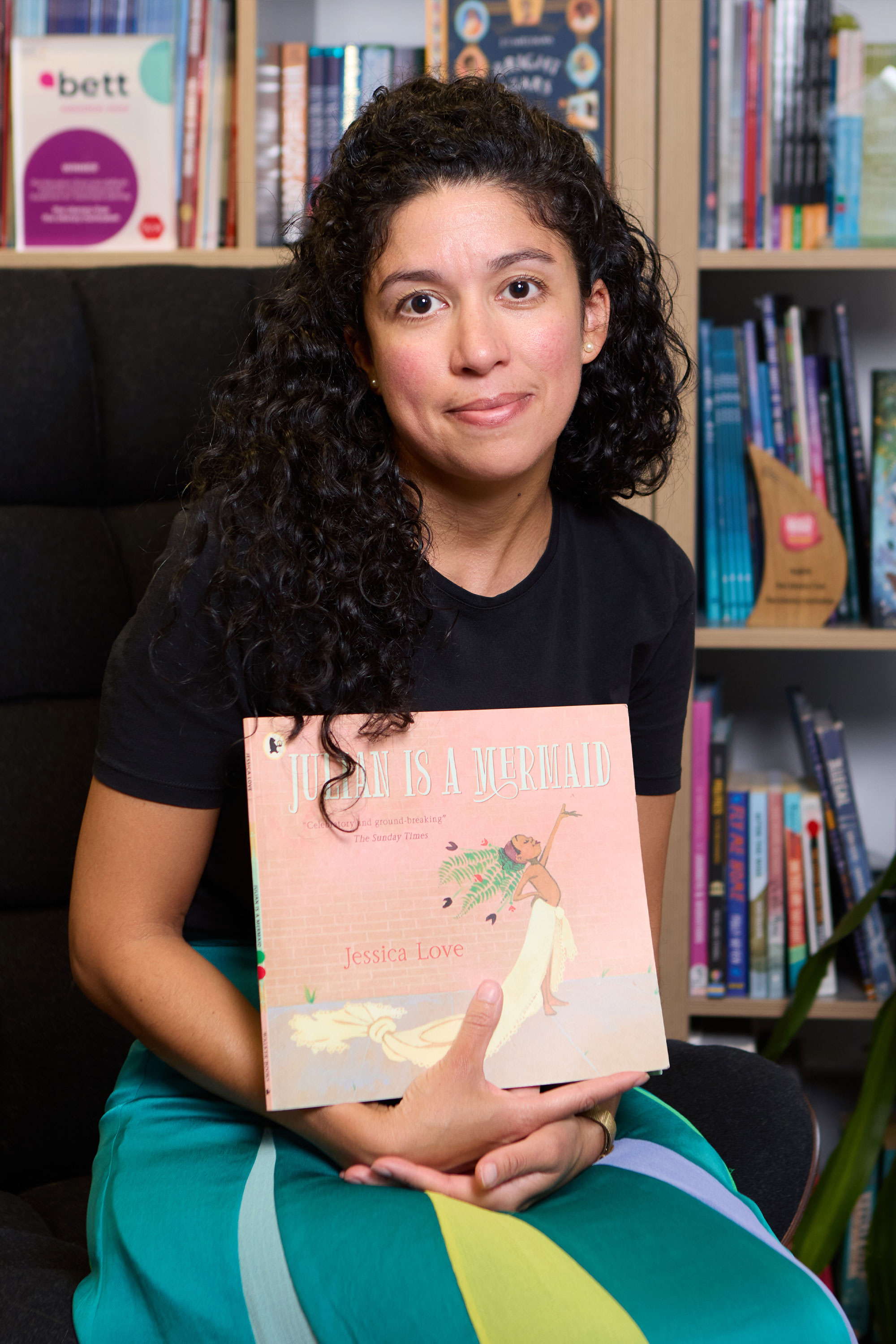
Joanna
Consultant
she/her/hers
With a background in photography, Joanna first stepped into teaching in Surrey before moving to schools in Sweden and more recently, settling in Somerset, where she continue to inspire young minds. Joanna has taught across all the age ranges with a particular depth in KS1. Over the years, she's taken on roles as Phonics and Reading Lead, as well as Science Lead. She's passionate about giving children a positive and long lasting impact in their learning journey with a real focus on providing children with a curriculum that is diverse, inclusive and a truthful representation of our world. When she's not in the classroom, you’ll likely find her lost in a bookshop, adding just one more picture book to her ever-growing collection (some might call it excessive — she calls it essential!).
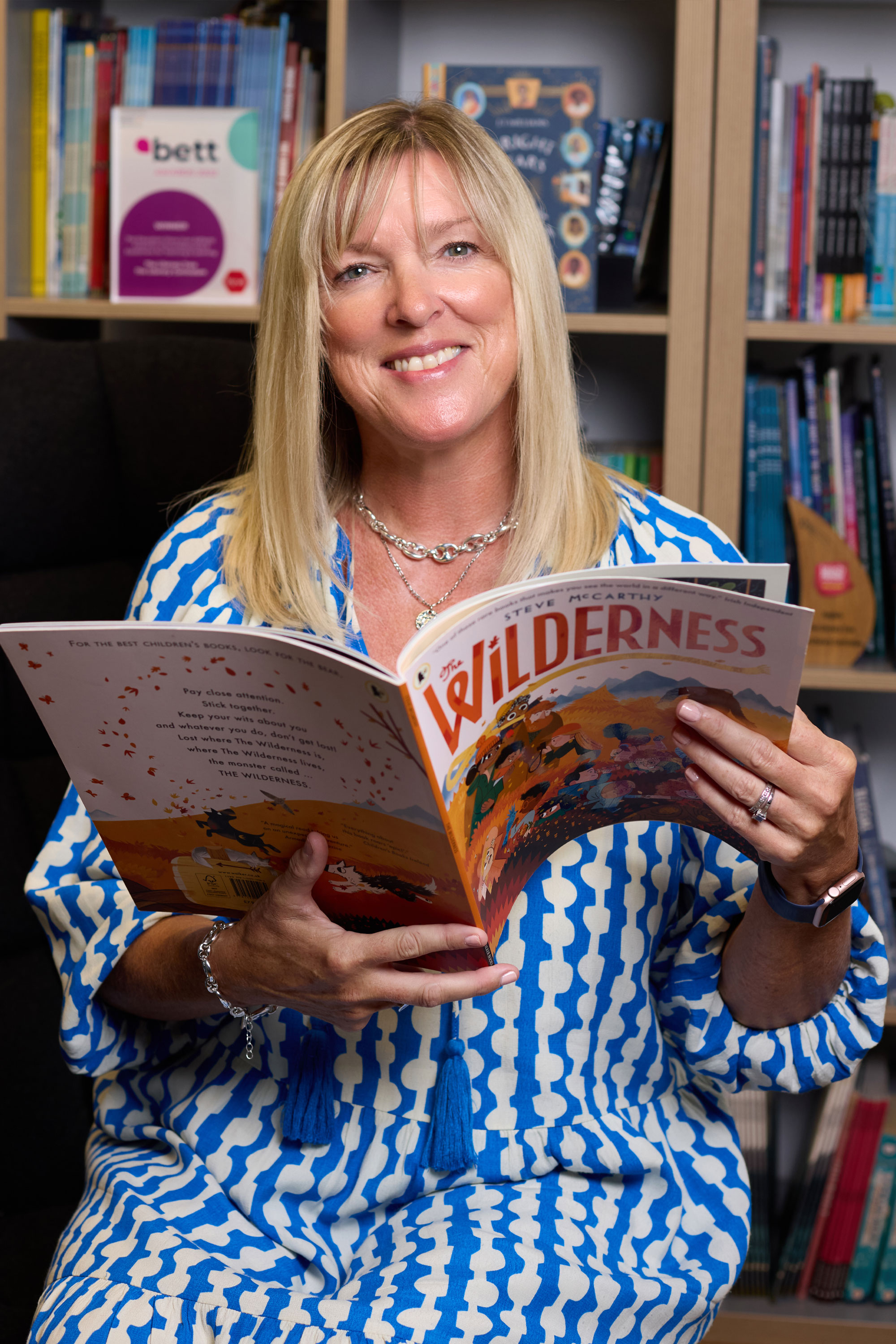
Claire
Consultant
she/her/hers
Claire graduated from Exeter University with a BEd (Hons) and has taught in Somerset Schools across the Primary age range for over 20 years. During this time she has led Literacy in several schools and has worked as a freelance consultant with Somerset Literacy Network. She has been a Deputy Head and Headteacher in both large urban and small rural primary schools and recognises the many strengths that small schools have when it comes to being creative with their curriculum. She is an LA Lead Moderator for KS2 and also the Subject Lead for English for Somerset SCITT's PGCE course - nurturing the next generation of teachers is her passion. Her personal collection of picture books is constantly growing!
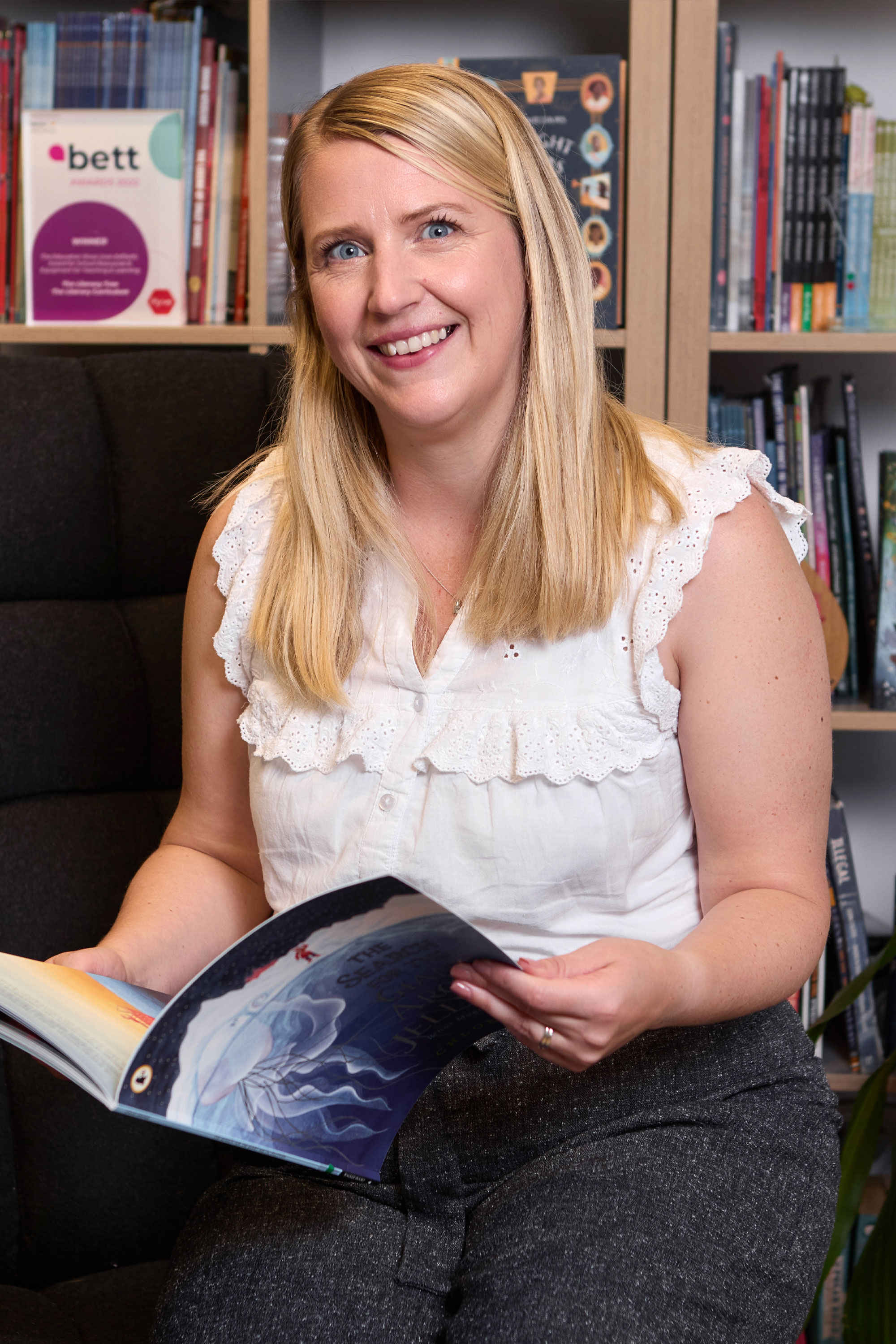
Chloe
Head of Curriculum Content
she/her/hers
After graduating with a BA in German and Italian from the University of Leeds, Chloe went on to complete her PGCE at Bath Spa University. She stepped into primary teaching in South Gloucestershire and has also worked in schools across Oxfordshire. Chloe has worked as English Lead, Phase Lead, Senior Teacher and Deputy Head. She has taught in all phases of primary education from Early Years to UKS2. With a passion for children’s literature, Chloe enjoys discovering new texts and attending Children’s Literature Events. She is dedicated to drafting engaging learning experiences for children. When not working, she can be found on the hockey pitch!
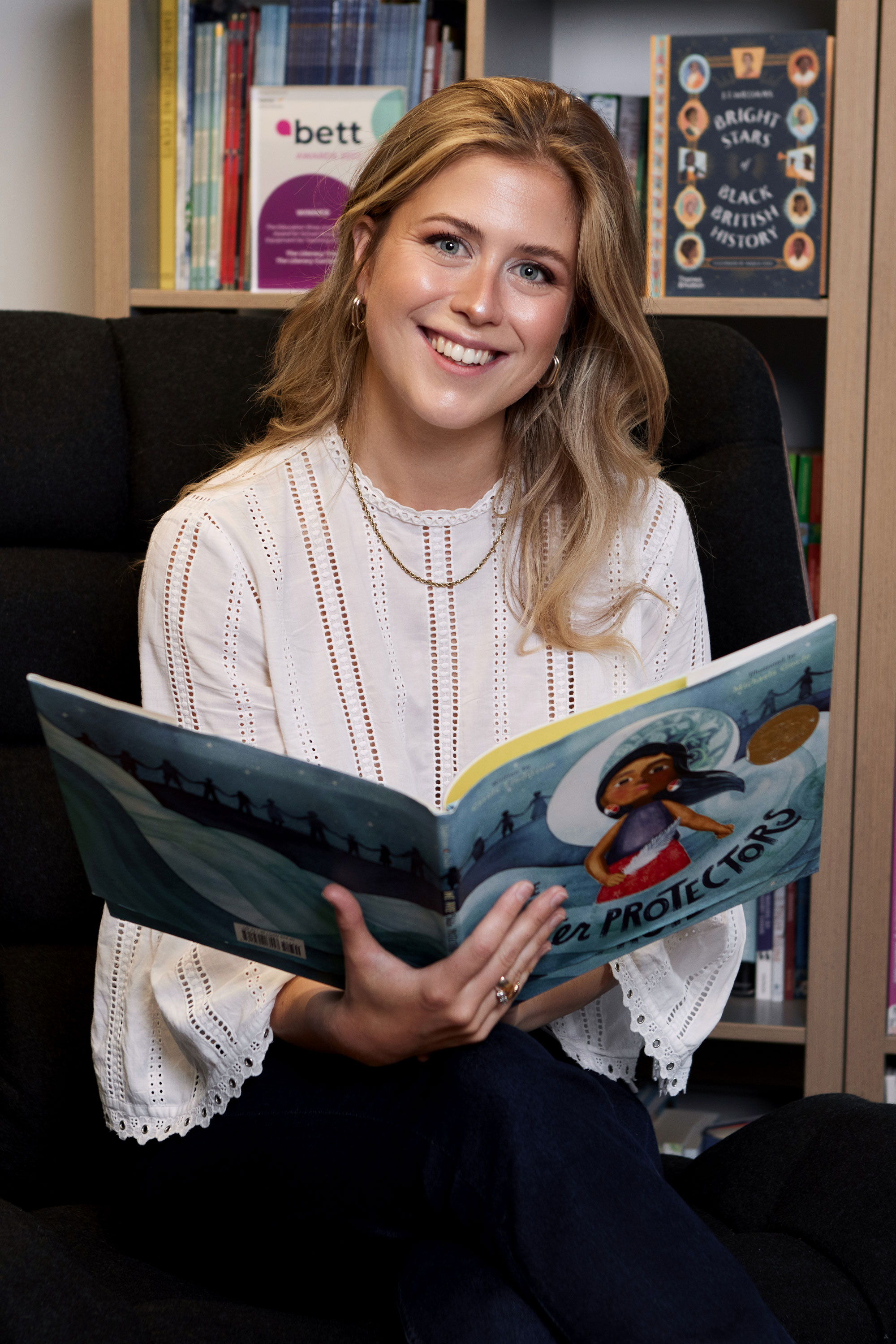
Bronte
Head of Marketing & Comms
she/her/hers
Bronte has a background in marketing for major arts organisations. She has a fascination with the English language, is a scrabble addict and loves exploring new literary genres. Her passion for education started at university, where she began tutoring GCSE and A level students online and later she worked for the UK's leading online tuition provider. Outside of work, Bronte can be found exploring local eateries, getting outside in nature, or getting immersed in London's vibrant theatre and music scene!
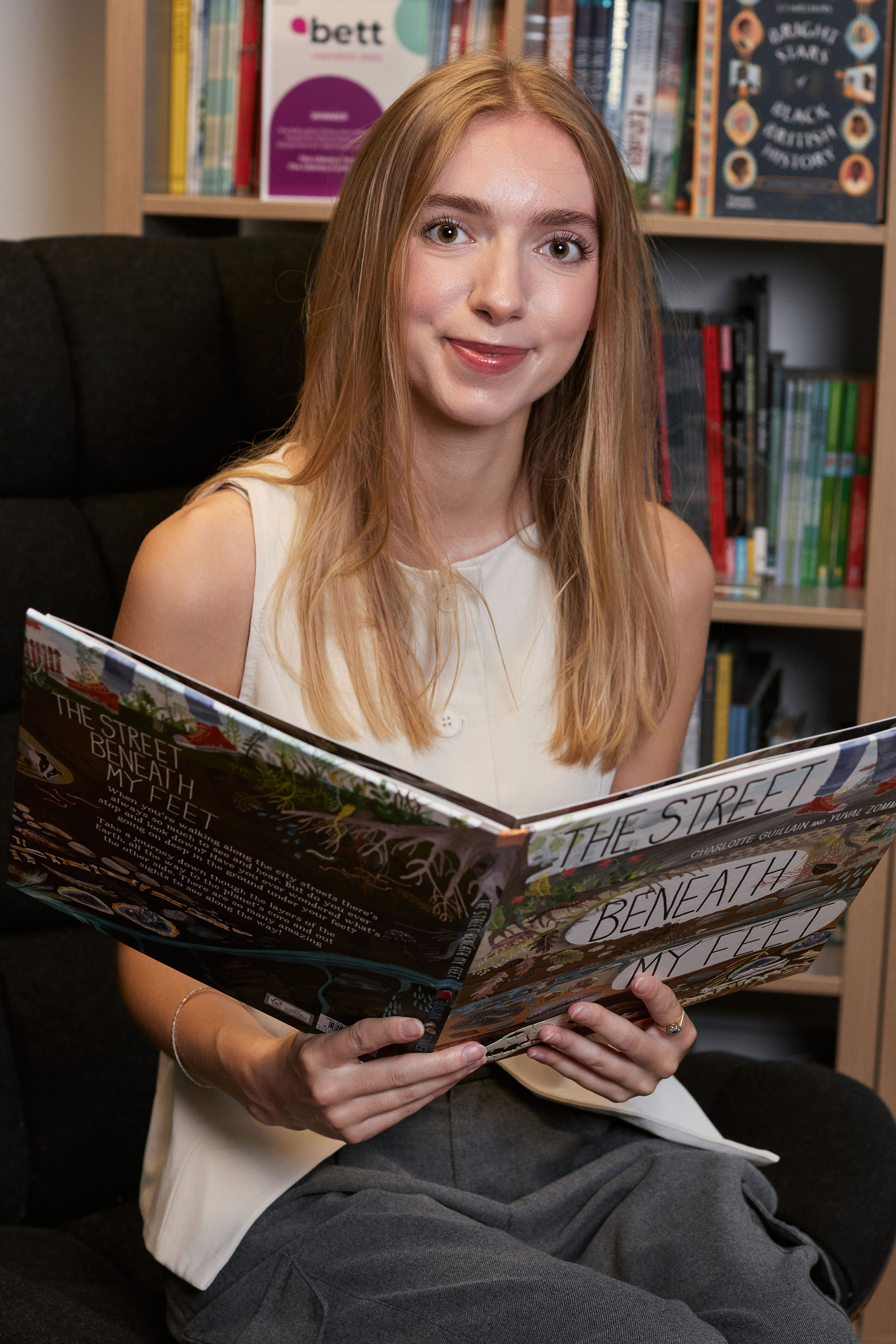
Alice
Marketing & Comms Coordinator
she/her/hers
Alice recently graduated with a degree in Politics from the University of Warwick. Alongside her studies, she had fun running the publicity and marketing channels for a volunteering society on campus. Her interest in children’s literature grew with her involvement in a co-creation picture-book project. She helped to edit the manuscript and developed an accompanying resource booklet for parents and teachers. Post-graduation, Alice did work as a freelance copywriter, producing a range of website content and blog posts before joining Literacy Tree. Alice loves quirky words, so you can find her keeping up with Wordle and convincing her friends into regular games of Bananagrams (made-up vocab encouraged)!

Sarah
Office Manager
she/her/hers
Sarah has a degree in graphic design from UAL, as well as being a stationery obsessive - she has the ability to get hold of just about any shaped post-it note, sentence strip or tote-bag at a moment’s notice. She can often be found - rooibos in hand - fixing the photocopier.
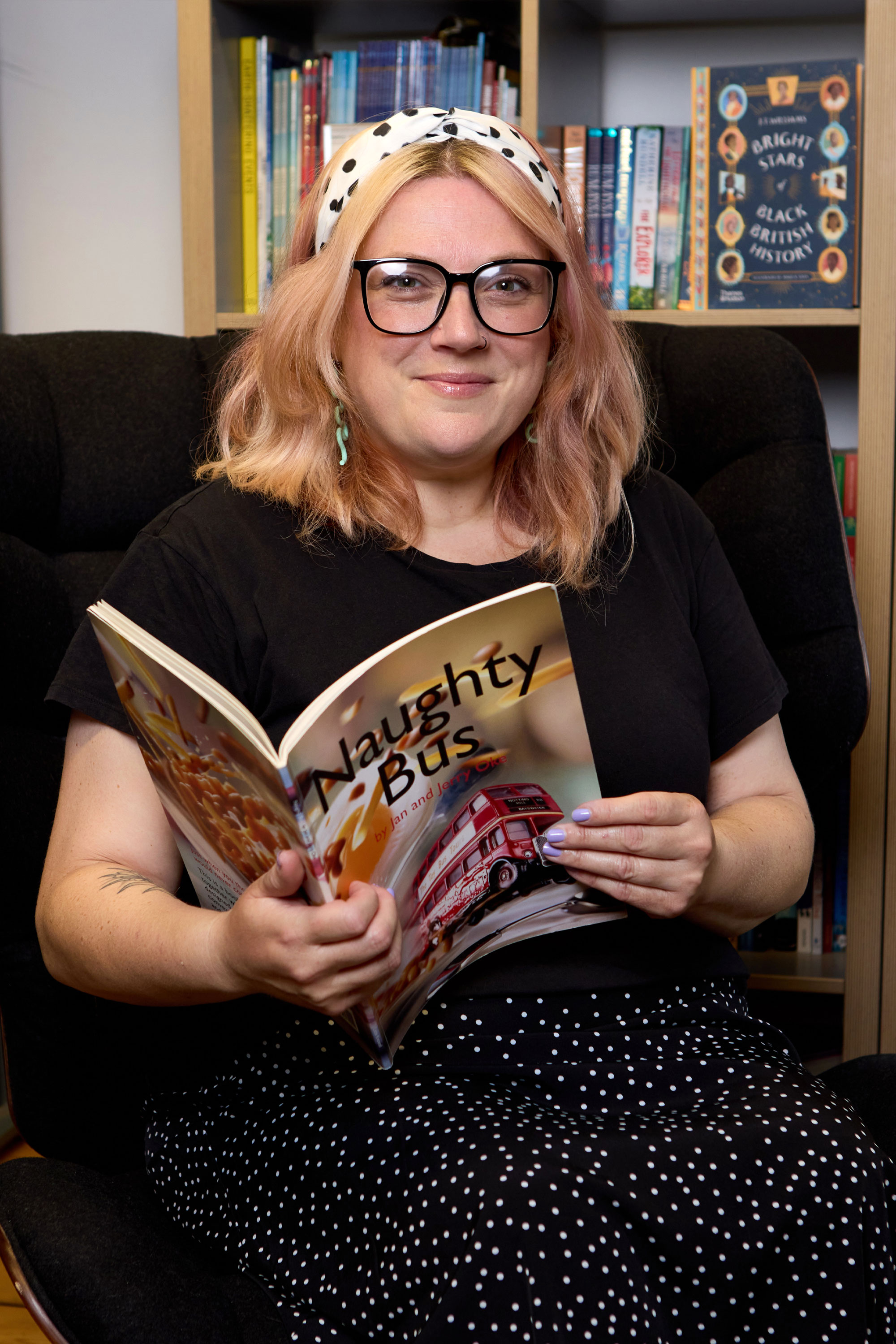
Jules
Customer Services Manager
she/her/hers
Jules has a degree in Film from De-Montfort and has mainly worked in the charity sector before joining Literacy Tree. She’s a self-confessed film-addict and when she’s not making Tik-Toks or recording Reels, she can usually be found browsing through furniture and charity shops or obsessing over classic 80s movies.
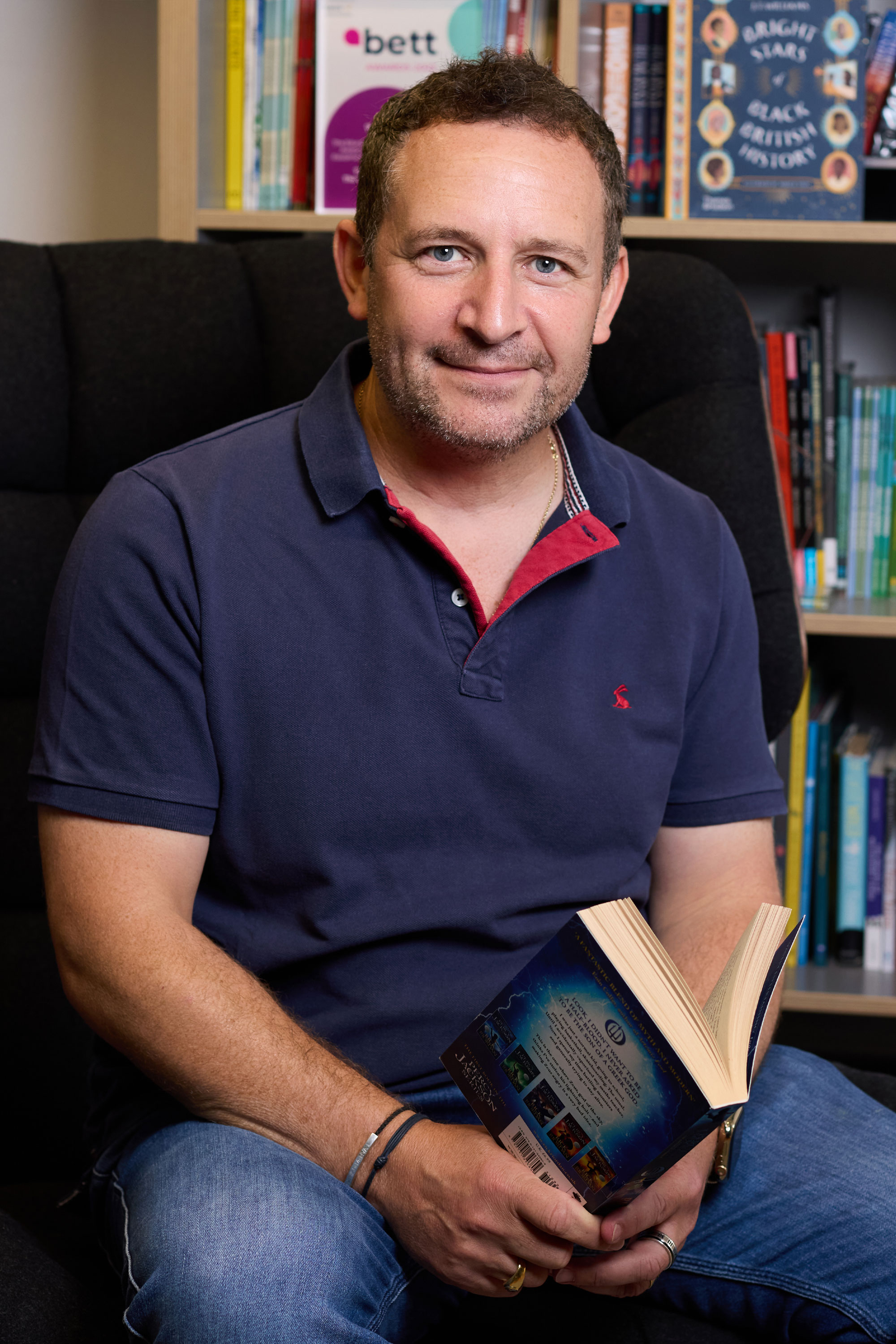
Marc
Fractional CFO
he/him/his
Marc works alongside Literacy Tree's senior management team as a strategic financial advisor, on a fractional basis. In addition to financial expertise developed over 25+ years, he has more than a decade's experience as a CEO, Chairman and Non-Executive Director of businesses in a variety of sectors, and supports a select portfolio of technology businesses with various stages of their journey. When not being kept busy at Literacy Tree HQ, he can often be found walking his gorgeous Golden Doodle, Misty.
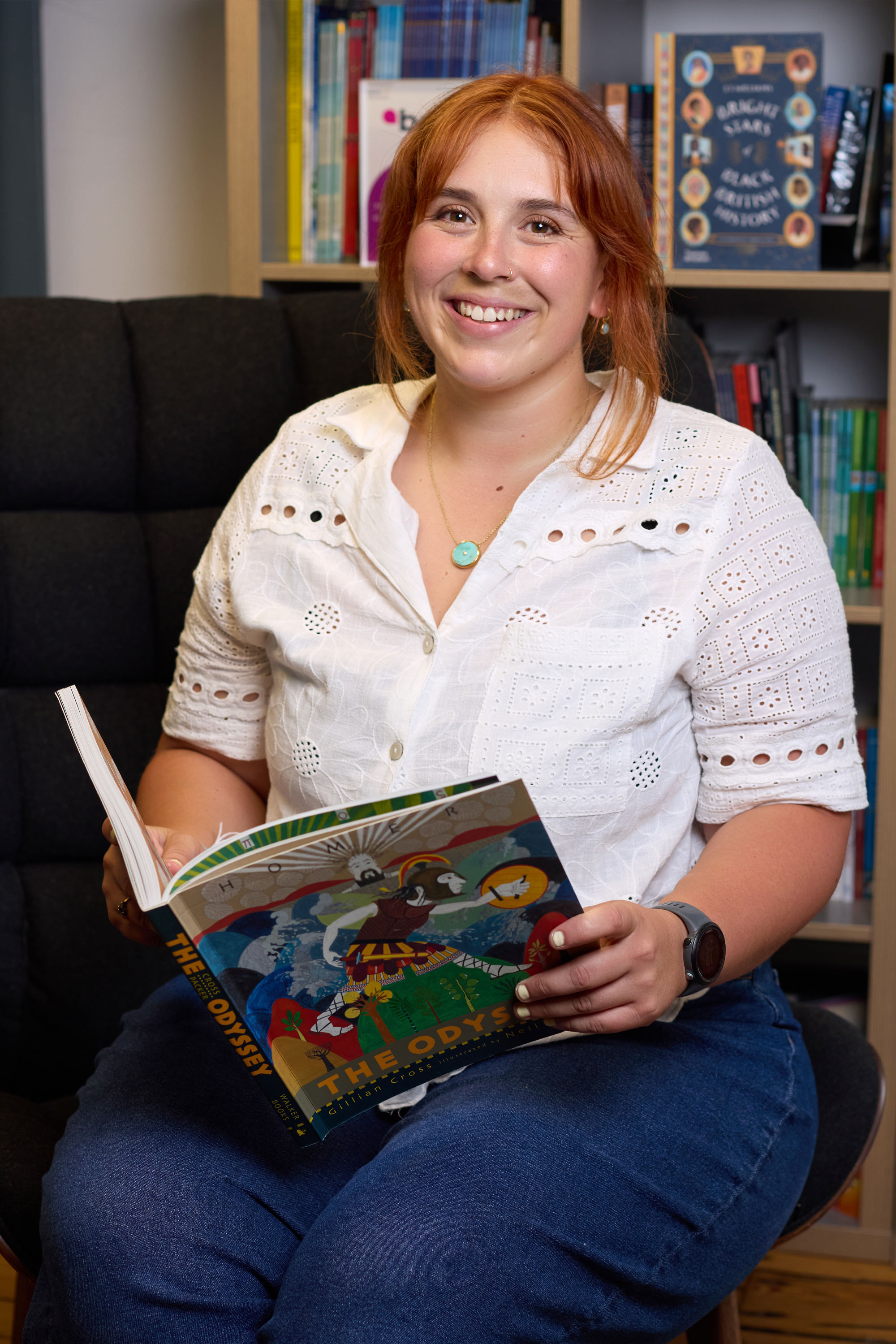
Jess
Resource Developer
she/her/hers
After graduating from the University of Warwick with a degree in Classical Civilisation, Jess moved to London to pursue a Masters in the Reception of the Classical World at UCL. This degree gave her the opportunity to teach Latin at a London prep school, an experience that ignited her passion for education and motivated her to undertake a PGCE. Since qualifying, Jess has spent the majority of her career teaching and leading year 2 in South East London. In addition to her role as a teacher, Jess has worked as a resource creator in EdTech and an education creator on an online graphic design platform. Outside of work, Jess can be found walking her dog - DD (Didier Dogba).
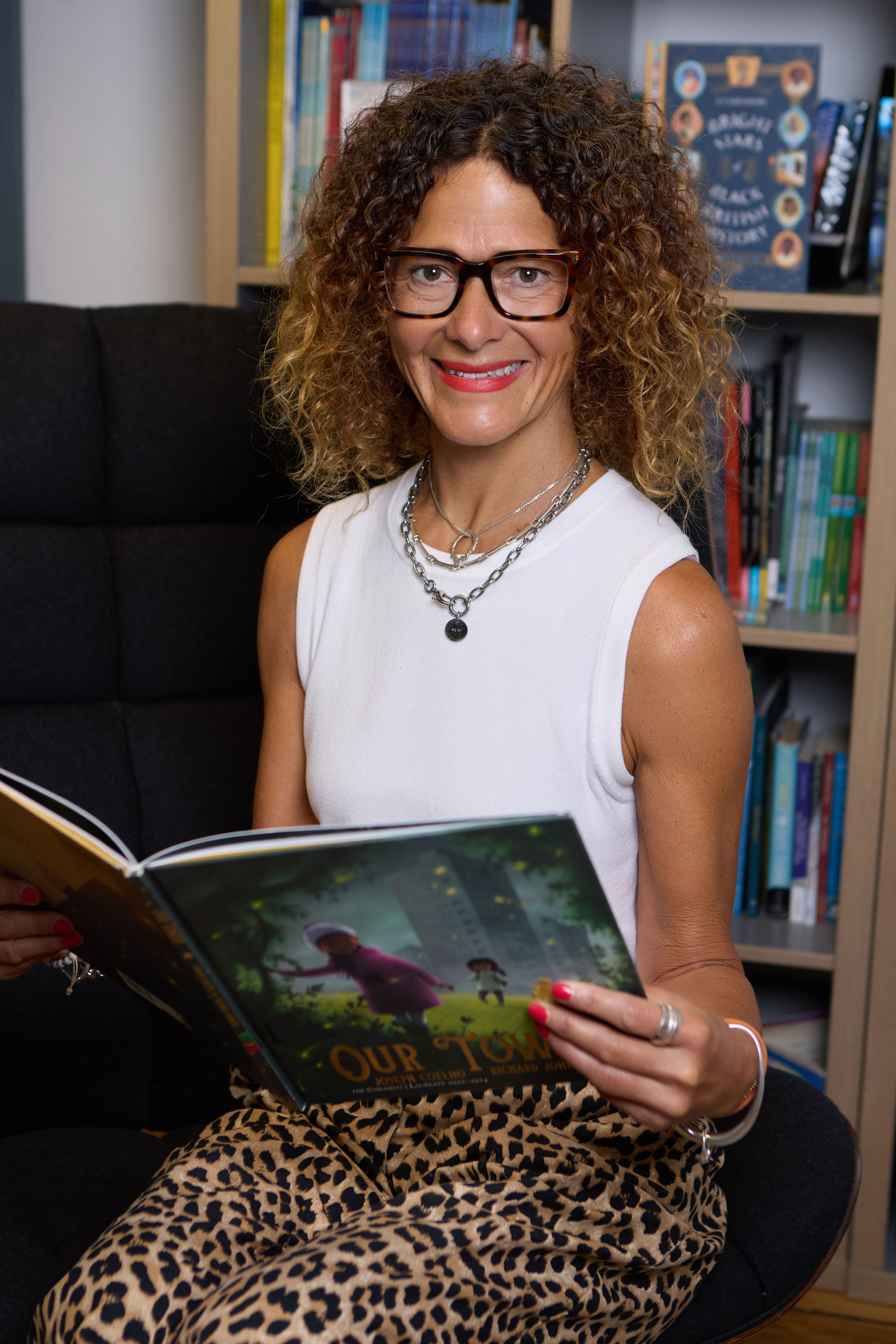
Tash
Consultant
she/her/hers
Tash is an experienced teacher, English subject leader and KS2 writing moderator, who has taught across all primary key stages in one of the largest primary schools in East Sussex. She has a background in PR and communications, having previously worked for the BBC and Siemens, as well as running her own creative play business! When not working for Literacy Tree, she will either be found reading a newly-discovered book, travelling to a far-flung place, or swimming in the sea, no matter the time of year!
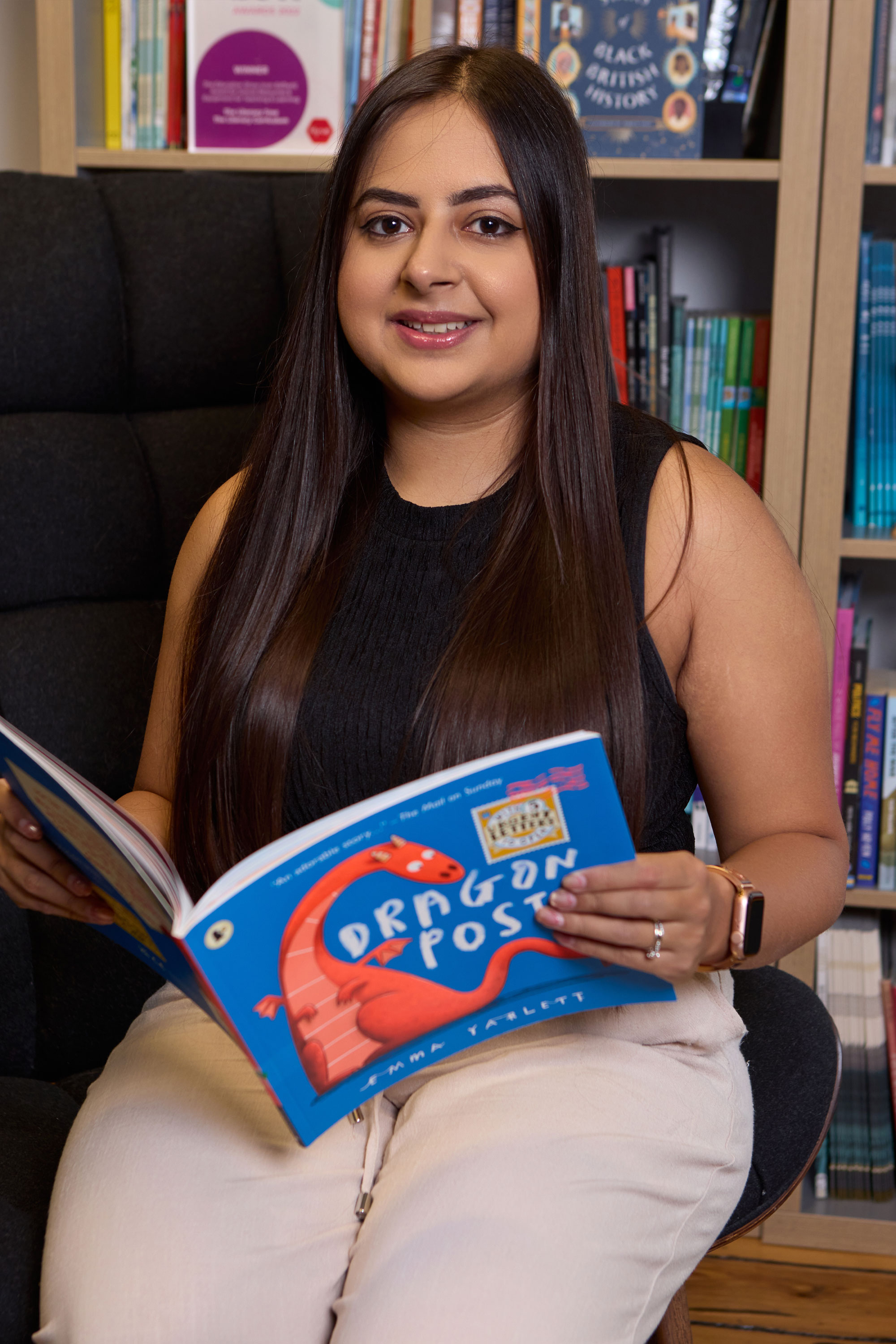
Nina
Graphic Designer
she/her/hers
Nina has a background in graphic design. She studied Graphic Design at the University of Hertfordshire and, since completing her degree, has specialised particularly in children’s book design. She has developed a strong passion for working on design projects that contribute to a child’s education, finding it to be very rewarding. Nina’s interest in the creative arts started at a young age - she has always loved painting and crafting for as long as she can remember. She enjoys travelling and exploring new places. Outside of work, her hobbies include a range of crafts such as crochet, jewellery making, mosaic making, and embroidery.
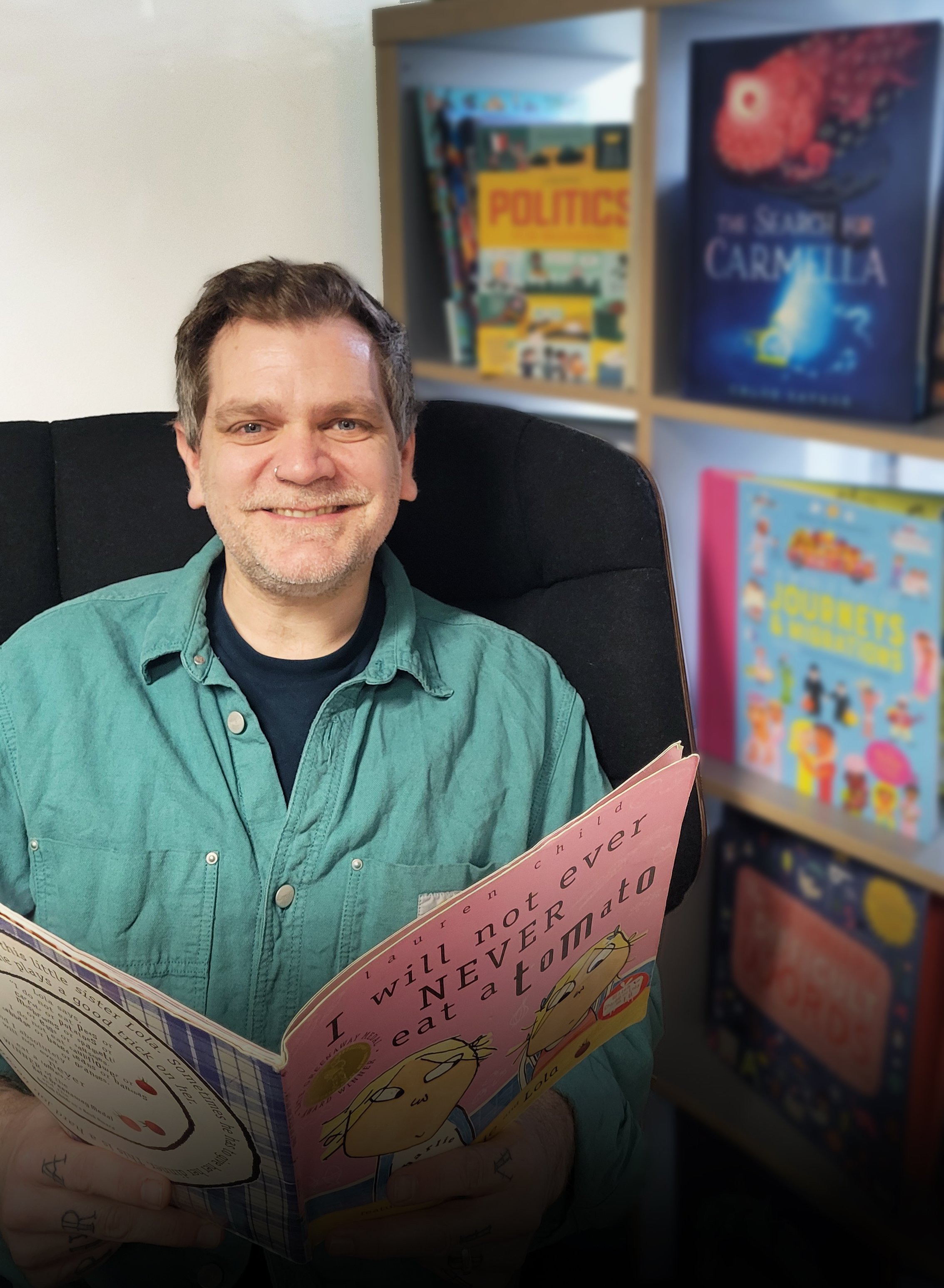
Nicholas
Head of Operations & Finance
he/him/his
Nicholas has worked in business operations in various tech start-ups/scale-ups over the last 2 decades. He loves a spreadsheet and is a self-confessed excel nerd.
If you can't find him at Literacy Tree HQ, he's probably on an aeroplane! (He has the travel bug!)
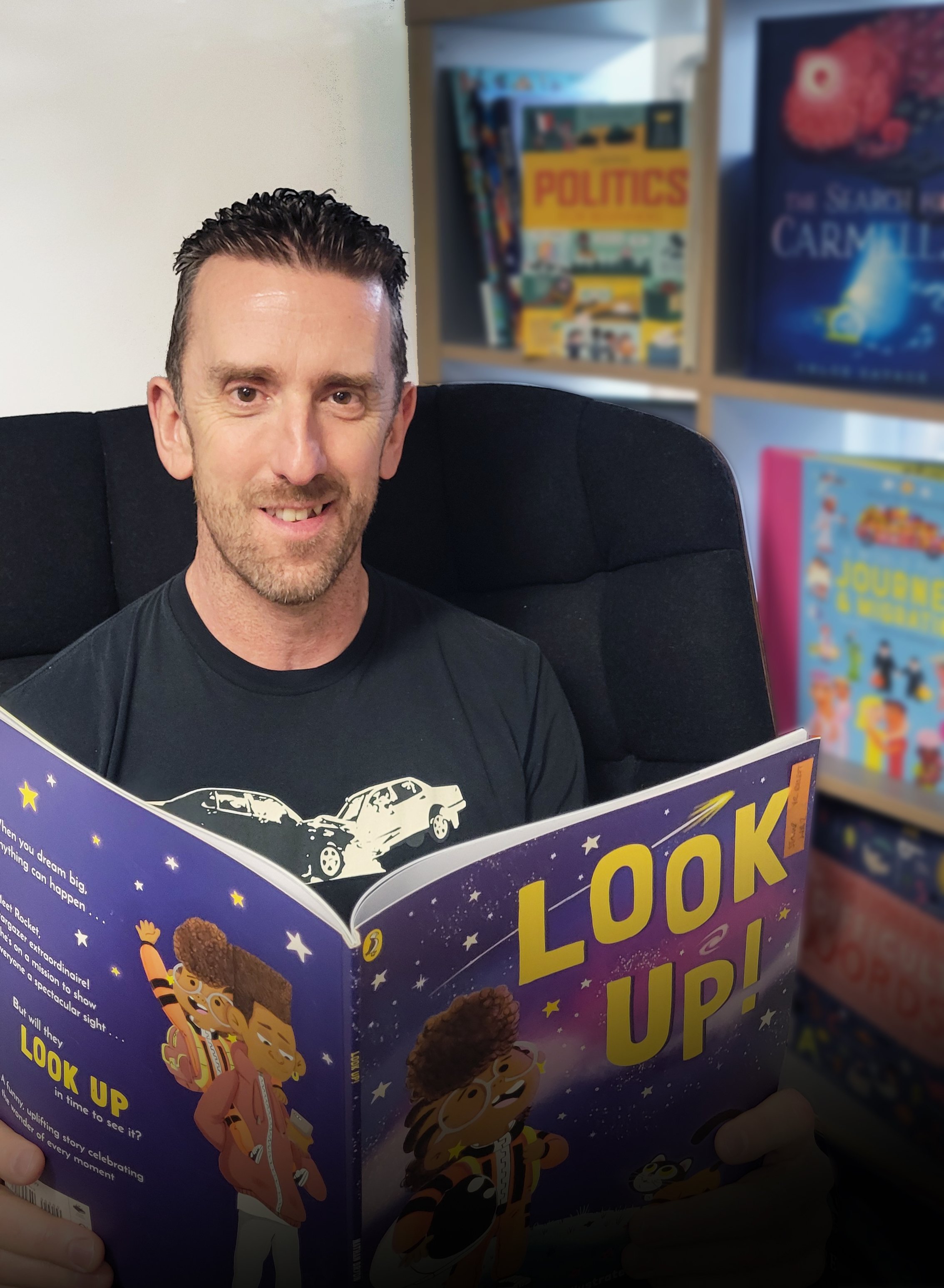
Michael
Business Development Manager
he/him/his
Michael graduated from the University of Wales, Aberystwyth with a BA in English Literature and an MSc in Computer Science, combining a love of books with technical expertise.
His career spans roles with multinational library and archive management system suppliers and a software company serving publishers, giving him deep insight into how technology supports reading and learning. A lifelong literary enthusiast, Michael believes books are gateways to imagination and knowledge. Today, he channels that passion into helping schools take advantage of rich, text-based experiences for children. Outside of work, you’ll find him exploring bookshops and libraries in search of his next great read.